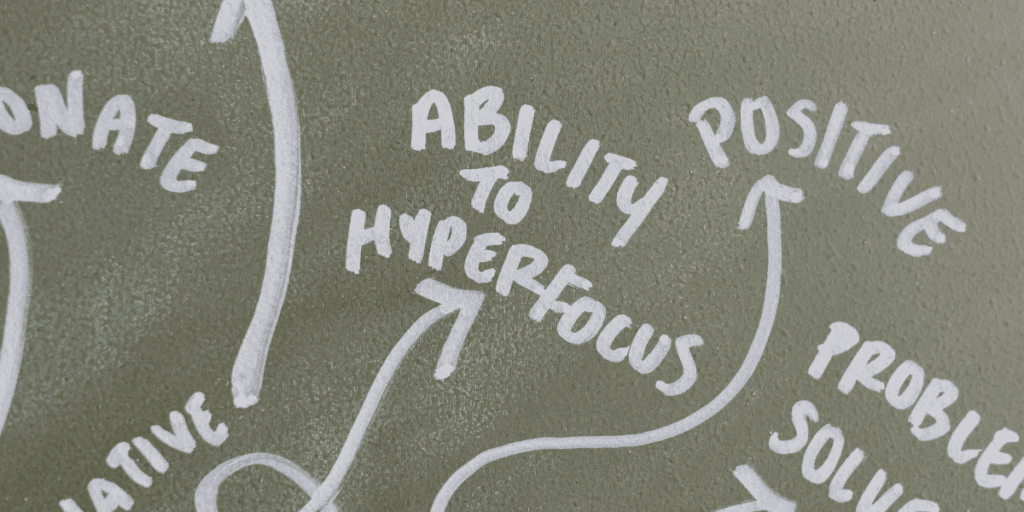May 7, 2022 – May marks National Mental Health Month, a time dedicated to raising awareness about mental health and promoting the importance of emotional well-being for all individuals. While this month’s focus is on mental health overall, it’s especially important to address the unique mental health challenges faced by men. Traditionally, men have been less likely to seek help for conditions such as depression, anxiety, and trauma. However, recent efforts to break down stigmas and create supportive communities are helping men confront their emotional health in healthier ways.
The Stigma Around Men’s Mental Health
Societal expectations often present men as strong, stoic figures who suppress emotions in the face of adversity. Unfortunately, this stereotype can make it difficult for men to express vulnerability or seek help when they need it most. Studies show that men are less likely than women to reach out for help for mental health conditions, including depression, anxiety, and stress.
This reluctance to ask for help stems from the pressure to conform to a traditional “tough guy” mentality, where emotional expression is often seen as a sign of weakness. As a result, many men endure their emotional struggles in silence, sometimes leading to worsened mental health or even crisis.
Campaigns Changing the Narrative
In recent years, advocacy groups and public health campaigns have made significant strides in reshaping how men view mental health. Movements like Movember and The Man Therapy Project are leading the charge in normalizing emotional health discussions among men.
Movember, which started as a campaign to raise awareness for prostate cancer, now includes mental health initiatives, focusing on issues like depression and suicide prevention. The campaign encourages men to openly talk about their mental health, raise funds for research, and create a sense of community around these challenges.
Similarly, The Man Therapy Project tackles mental health with a unique approach by infusing humor into the conversation. It offers relatable content, such as engaging videos and stories, which resonate with men. By blending lightheartedness with serious discussions about mental health, the project encourages men to seek therapy or speak about their emotional challenges without fear of judgment.
Male-Specific Mental Health Issues
While depression and anxiety are issues that affect both men and women, there are several male-specific mental health challenges that deserve attention. Anger, stress, and trauma often manifest differently in men and can have profound impacts on their emotional well-being.
For example, anger is commonly seen as a manifestation of unaddressed emotional pain. Men, particularly those from certain cultural or familial backgrounds, may feel that expressing sadness or fear is inappropriate, and as a result, they may turn to anger as an outlet. This can have damaging effects on relationships and health.
Stress is another issue that disproportionately affects men, especially when it comes to work, financial pressures, and family responsibilities. Many men find themselves under immense pressure to succeed in their careers or provide for their families, which can lead to burnout, anxiety, and chronic stress.
Finally, trauma, particularly among men who have served in combat or experienced abuse, can result in mental health conditions like PTSD. Men may avoid addressing these feelings due to the stigma surrounding vulnerability, leaving trauma unprocessed and affecting overall mental health.
Steps Men Can Take to Prioritize Their Mental Health
Although there are many challenges when it comes to men’s mental health, there are actionable steps men can take to better their emotional well-being. Here are some strategies for men to consider:
1. Connect with Peers
Building strong, supportive relationships with other men can help create a safe space to discuss emotions and mental health. Whether through support groups or informal friendships, talking with peers who understand can help reduce feelings of isolation and encourage vulnerability.
2. Seek Therapy
Therapy is an invaluable resource for anyone dealing with emotional struggles. It offers a confidential space to discuss feelings, uncover root causes of distress, and work through unresolved trauma. Despite the stigma, many men have found therapy to be a game-changer for their mental health. It’s important to remember that seeking help is a sign of strength, not weakness.
3. Practice Mindfulness
Mindfulness techniques, such as meditation, deep breathing, and journaling, can help men manage stress and develop a deeper understanding of their emotions. These practices allow individuals to be present in the moment, reducing anxiety and enhancing emotional regulation.
4. Promote Mental Health Awareness
Men can be powerful advocates for mental health by sharing resources, engaging in conversations, and supporting campaigns like Movember. Raising awareness helps normalize the discussion of mental health and can encourage others to seek help.
5. Maintain Physical Health
Physical and mental health are closely linked. Regular exercise, a balanced diet, and sufficient sleep can significantly improve mood and reduce anxiety. Activities like running, swimming, or team sports are great for both physical fitness and mental clarity.
Conclusion
As we recognize National Mental Health Month this May, it’s crucial to acknowledge the unique mental health challenges that men face. The stigma surrounding men’s emotional well-being is slowly being dismantled, thanks to initiatives like Movember and The Man Therapy Project. Men are increasingly embracing the idea of seeking help, talking about their struggles, and prioritizing their emotional health.
By connecting with peers, seeking therapy, practicing mindfulness, and advocating for mental health awareness, men can take meaningful steps toward improving their emotional health. Mental well-being is just as important as physical health, and men deserve to live in a world where expressing vulnerability is not only accepted but celebrated.
